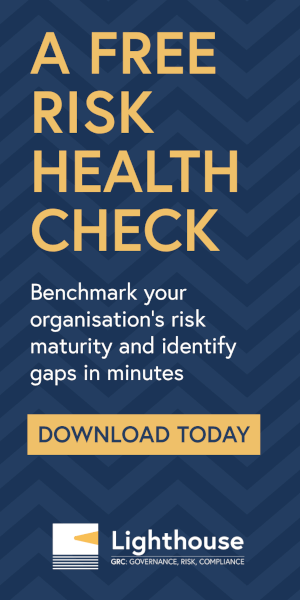Tuesday 29 Nov 2011 @ 13:15
Scottish Government
Scottish Government
|
|
|
Older people’s health
Scotland's Chief Statistician yesterday published a Scottish Health Survey topic report on older people's health.
The report examines the health status of people aged 65 and over in Scotland using data from the Scottish Health Surveys of 2008, 2009 and 2010 combined. It considers self-assessed health, mental health and well-being, cardiovascular disease, the main lifestyle risk factors for cardiovascular disease and cancers, and health-seeking behaviour.
Comparisons are made between different age-groups among older people as well as between older people and those aged 16-64 years.
Main findings
-
Older adults were less likely than younger adults to describe their health as 'very good' (22 per cent of those aged 65+ did so compared with 39 per cent of those aged 16-64)
-
66 per cent of men and 67 per cent of women aged 65 years and over had a long-term condition compared with 33 per cent of men and 37 per cent of women aged 16-64. The prevalence of long-term conditions increased with age, from 62 per cent in adults aged 65-69 years to 73 per cent in those aged 85 and over
-
Older adults were less likely than younger adults to have a GHQ12 score of 4+ (indicating possibly psychiatric disorder) (9 per cent versus 13 per cent for older and younger men and 14 per cent versus 18 per cent respectively, for women)
-
Wellbeing, as measured by WEMWBS was higher among adults aged 65 and over than those aged 16-64, though it decreased with age among older adults, particularly among men
-
Alcohol consumption was lower among older adults. 30 per cent of men aged 16-64 and 65-69 drank more than 21 units per week, compared with 11 per cent of men aged 85 and over. 22 per cent of women aged 16-64 drank more than 14 units per week, compared with 13 per cent aged 65-69, and 4 per cent aged 85 and over
-
Older adults were half as likely tobe current cigarette smokers as those aged 16-64 (14 per cent versus 28 per cent) although those who did, smoked more. 45 per cent of male smokers aged 65 and over smoked 20+ cigarettes a day compared with 34 per cent of those aged 16-64. The number of cigarettes smoked by women did not differ by age
-
17 per cent of men and 12 per cent of women aged 65 years and over met the physical activity recommendations. In contrast, 50 per cent of men and 38 per cent of women aged 16-64 met the recommendations
-
The prevalence of obesity (BMI>=30) was higher among older adults (31 per cent) than younger adults (27 per cent) but decreased with age among older people, particularly among men aged 80 and over
-
41 per cent of men and 31 per cent of women aged 65 years and over reported having any type of cardiovascular disease (CVD) compared with 10 per cent of men and women aged 16-64
-
Prevalence of diabetes was higher in people aged 65+ (11 per cent) than in those aged 16-64 (4 per cent). In addition, prevalence of probably undiagnosed diabetes (as measured by glycated haemoglobin in blood samples) was higher in older adults (6 per cent) than in adults aged 16-64 (2 per cent)
-
Older men and women were equally likely to be carers (12 per cent of those aged 65 and over). However, younger women were more likely to provide care than younger men (15 per cent vs 9 per cent aged 16-64)
-
Similar proportions of men and women aged 65 and over, and women aged 16-64, had seen a GP in the previous two weeks (20 per cent-23 per cent), compared with 13 per cent of men aged 16-64
Official Statistics are produced by professionally independent statistical staff.
Related Information


